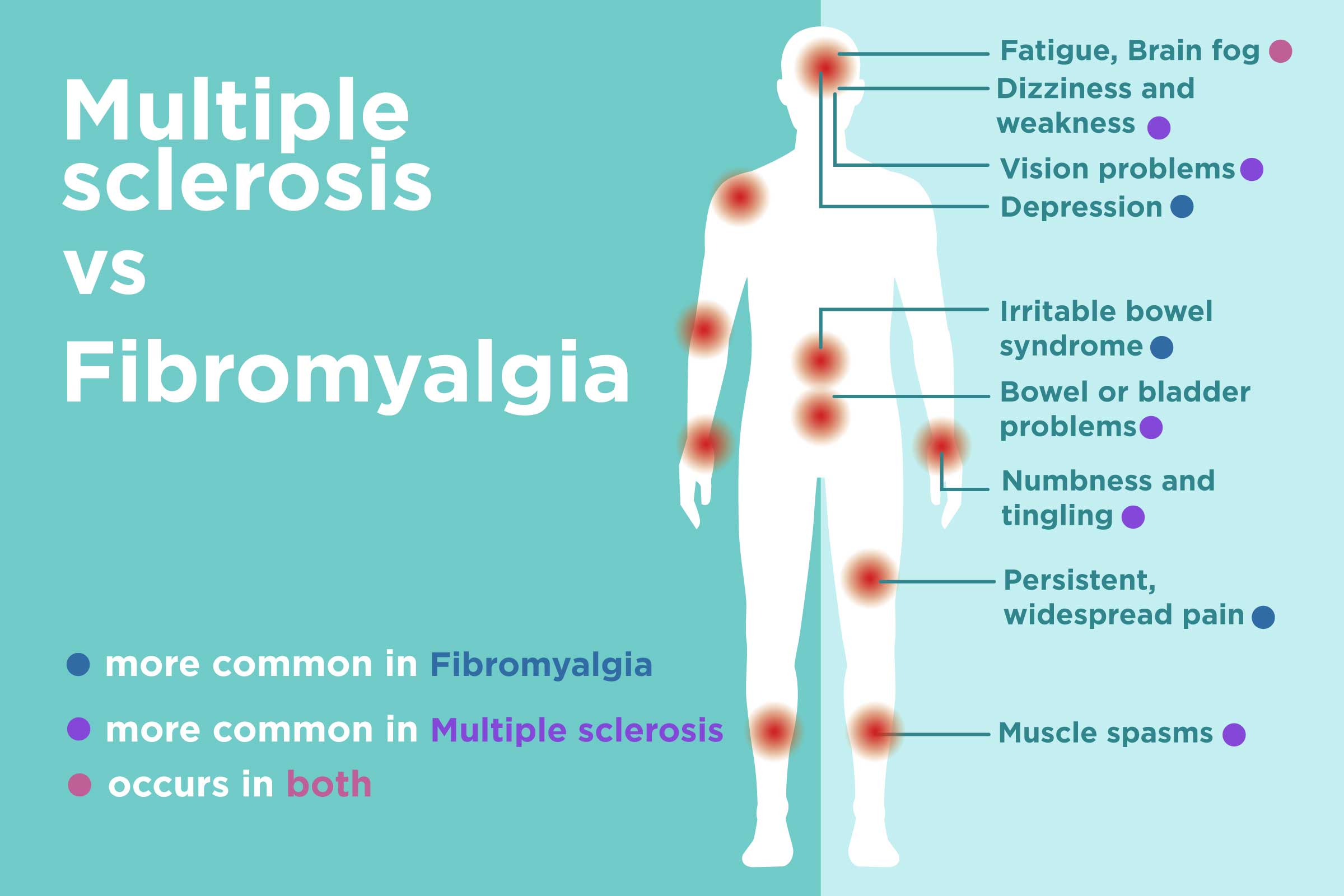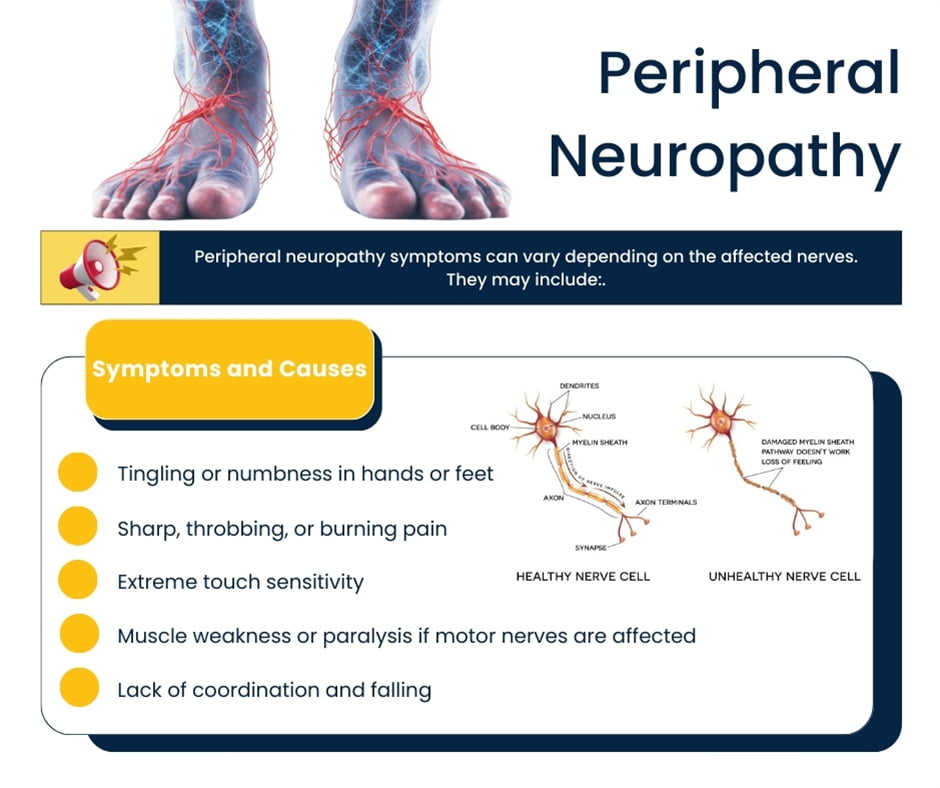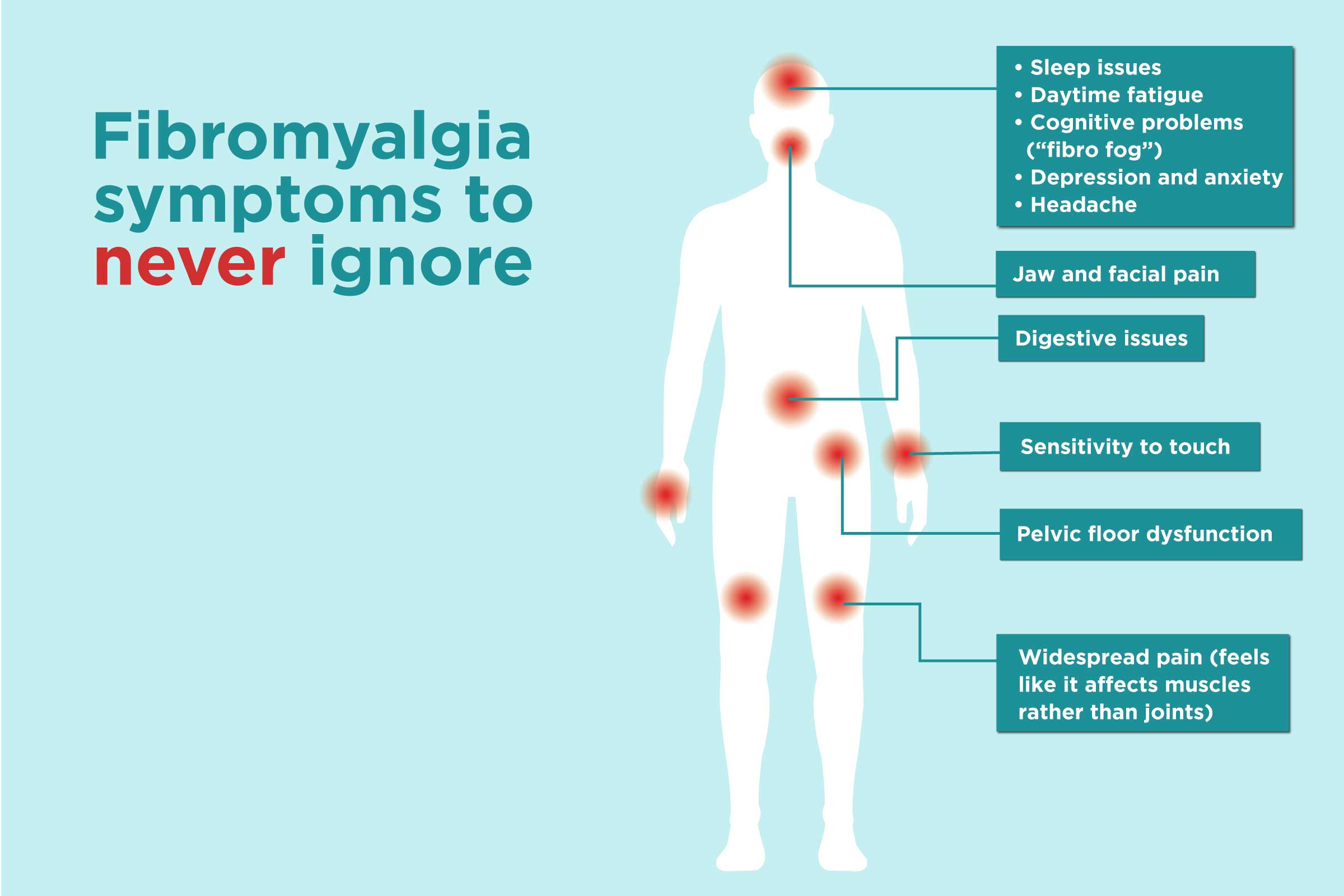Can Fibromyalgia Cause Neuropathy In Feet

For individuals enduring the persistent pain and fatigue of fibromyalgia, the emergence of new symptoms, especially those affecting the feet, can be alarming. A common question that arises is whether fibromyalgia can directly cause neuropathy in the feet, adding another layer of complexity to an already challenging condition. Understanding the relationship, or lack thereof, between these two conditions is crucial for accurate diagnosis and effective management.
This article explores the potential link between fibromyalgia and neuropathy in the feet. It examines the available evidence, expert opinions, and potential mechanisms that might explain the coexistence of these conditions, aiming to provide clarity for patients and healthcare professionals alike.
Understanding Fibromyalgia and Neuropathy
Fibromyalgia is a chronic condition characterized by widespread musculoskeletal pain accompanied by fatigue, sleep disturbances, memory, and mood issues. The exact cause of fibromyalgia remains unknown. However, it's believed to involve a combination of genetic predisposition and environmental factors, leading to amplified pain signals in the brain.
Neuropathy, on the other hand, refers to damage to the peripheral nerves, which transmit information between the brain and spinal cord to the rest of the body. This damage can result in a variety of symptoms, including pain, numbness, tingling, and weakness, often affecting the hands and feet. Neuropathy has many causes, including diabetes, infections, autoimmune diseases, and exposure to toxins.
The Link Between Fibromyalgia and Neuropathy: What the Research Says
The connection between fibromyalgia and neuropathy is complex and somewhat controversial. While fibromyalgia is primarily considered a central nervous system disorder involving pain processing abnormalities, some studies suggest a possible overlap with peripheral nerve dysfunction.
Research has explored the possibility of small fiber neuropathy (SFN) in fibromyalgia patients. SFN affects the small nerve fibers that transmit pain and temperature sensations, as well as autonomic functions. Some studies have found evidence of SFN in a subset of individuals diagnosed with fibromyalgia, determined through skin biopsies analyzing nerve fiber density.
However, other studies have yielded conflicting results, making it difficult to establish a direct causal relationship between fibromyalgia and SFN. Some researchers believe that the pain experienced in fibromyalgia is primarily due to central sensitization. This is a process where the central nervous system amplifies pain signals, rather than direct nerve damage.
Potential Mechanisms and Contributing Factors
Several potential mechanisms could explain the co-occurrence of fibromyalgia and neuropathy, even if a direct causal link isn't definitively established. One possibility is that shared risk factors, such as autoimmune conditions or inflammatory processes, could contribute to both conditions.
Additionally, certain medications used to manage fibromyalgia symptoms, such as some antidepressants and anticonvulsants, can, in rare cases, cause neuropathy as a side effect. Furthermore, lifestyle factors, such as poor diet or lack of exercise, can negatively impact nerve health and potentially contribute to neuropathy symptoms.
It is also possible that individuals with fibromyalgia may be more sensitive to even mild nerve damage due to their amplified pain perception. This means that even if they have minor nerve damage, they may experience it as more intense pain.
Diagnosing and Differentiating the Conditions
Accurate diagnosis is crucial for appropriate management when an individual with fibromyalgia also experiences foot pain or other symptoms suggestive of neuropathy. A thorough medical history, physical examination, and neurological assessment are essential steps in the diagnostic process.
Nerve conduction studies and electromyography (EMG) can help assess the function of larger nerve fibers and identify signs of nerve damage. Skin biopsies can be used to evaluate the density of small nerve fibers, potentially indicating SFN.
Differentiating between fibromyalgia pain and neuropathy pain can be challenging, as both conditions can cause chronic pain. However, neuropathy often presents with specific symptoms such as numbness, tingling, and burning sensations, which are less commonly associated with fibromyalgia alone.
Management and Treatment Options
The management of fibromyalgia and neuropathy in the feet often requires a multidisciplinary approach tailored to the individual's specific symptoms and underlying causes. This might include medications to manage pain and other symptoms of fibromyalgia, such as antidepressants, pain relievers, and muscle relaxants.
Treatments for neuropathy may involve medications specifically targeting nerve pain, such as gabapentin or pregabalin. Physical therapy, lifestyle modifications, and complementary therapies like acupuncture may also be beneficial in managing both conditions.
For individuals with confirmed SFN, specific treatments aimed at improving nerve function may be considered. It is very important to have a through and complete diagnosis before considering any form of treatment.
The Impact on Individuals
For individuals living with fibromyalgia, the development of foot pain or symptoms resembling neuropathy can significantly impact their quality of life. Increased pain, reduced mobility, and difficulty performing daily activities can lead to frustration, anxiety, and depression.
Proper diagnosis and management are essential for improving pain control, restoring function, and enhancing overall well-being. Individuals should work closely with their healthcare providers to develop a personalized treatment plan that addresses both fibromyalgia and any co-existing conditions.
Support groups and online communities can provide valuable resources and emotional support for individuals navigating the challenges of fibromyalgia and neuropathy.
Conclusion
The relationship between fibromyalgia and neuropathy in the feet remains a subject of ongoing research and debate. While a direct causal link hasn't been definitively established, the co-occurrence of these conditions is possible, and may be explained by shared risk factors, underlying mechanisms, or medication side effects. Individuals experiencing foot pain or other symptoms suggestive of neuropathy should seek comprehensive medical evaluation to determine the underlying cause and receive appropriate management. Early diagnosis and tailored treatment plans are essential for improving pain control, restoring function, and enhancing the overall well-being of individuals living with fibromyalgia and potential neuropathy.


















